“Not everything that is faced can be changed, but nothing can be changed until it is faced.” James Baldwin
In the Aesops Fable entitled “The Lion And The Statue,” a man and a lion were having a debate about which of their species was the strongest. When they encountered a statue of Hercules overpowering a lion, the man triumphantly boasted that his point was made, only to watch the lion shrug it off. “That proves nothing, since it was a man who made the statue.”
The lesson? We can represent our beliefs as we wish them to be. That failure to perceive the validity of another point of view has to be the reason why a parent recently lodged a complaint against Wisconsin’s Delavan-Darien High School’s American Diversity course, which discusses “white privilege” and encourages dialogue of other issues affecting racial groups.
The problem, this anonymous parent told Fox News, is that “This class is teaching white guilt. They’re saying to non-whites, ‘You have been oppressed and you’re still being oppressed.’”
Among the controversial assignments being given to students in this course? Counting the ratio of white dolls versus black dolls in the toy aisle of a local Wal-Mart, answering questions from personal experience on a “white privilege quiz” and studying lectures by writer and anti-racism activist Tim Wise that expound on the flawed concept of colorblindness and the unquestionable perks of being white in America.
I guess the concept of “white privilege”—which can be defined as social, political, cultural and economic advantages that are disproportionately bestowed upon, and enjoyed by, white people—is hard for some to swallow in this so-called “post-racial” era. It’s an era that recently witnessed the historic inauguration of the nation’s first African-American president into his second term in office (on the same day honoring slain Civil Rights activist Dr. Martin Luther King Jr).
But when you’re a member of a particular race that’s seen generation after generation navigate within the framework of institutionalized racism, its pervasiveness in everyday life is as commonplace as the wind. Just because it’s invisible doesn’t mean that it doesn’t exist.
Obviously, I understand why racism isn’t a favorite topic of discussion for anyone, especially whites, because it negates the founding national creed of “United We Stand” and dredges up a painful history of governmentally-enforced inequities and substandard treatment of fellow human beings for simply being different.
But those who fail to learn from the past are doomed to repeat it, and the truths being explored in this much-needed class offers its participants a more accurate portrayal of the country they dwell in and how those with a different shade of skin are affected daily.
Whenever I’ve had the opportunity to offer my personal observations regarding issues of racism and prejudice (in person or within the printed realm of this column), some of the responses I’ve received from whites have ranged from gratitude for broadening their perspective to a caustic condescension of our past and present struggles as a people. Some have lashed out at me personally for articulating realities that neither one of us created. They have dismissed anything before the passing of the Civil Rights Act (centuries of slavery, The Black Codes, Jim Crow laws, etc.) as irrelevant or ‘old news,’ as if none of the awful affects resonate among African-Americans today.
Do I consider myself an absolute expert on the subect of race? Of course not. But since I was born to black parents and have spent nearly half a century being a Black woman, I’ve witnessed and experienced the personal and professional pains that racism perpetuates.
And whether the medium is a column, a conversation or a classroom, belittling the messenger doesn’t make their words any less crucial less to acknowledge or understand.

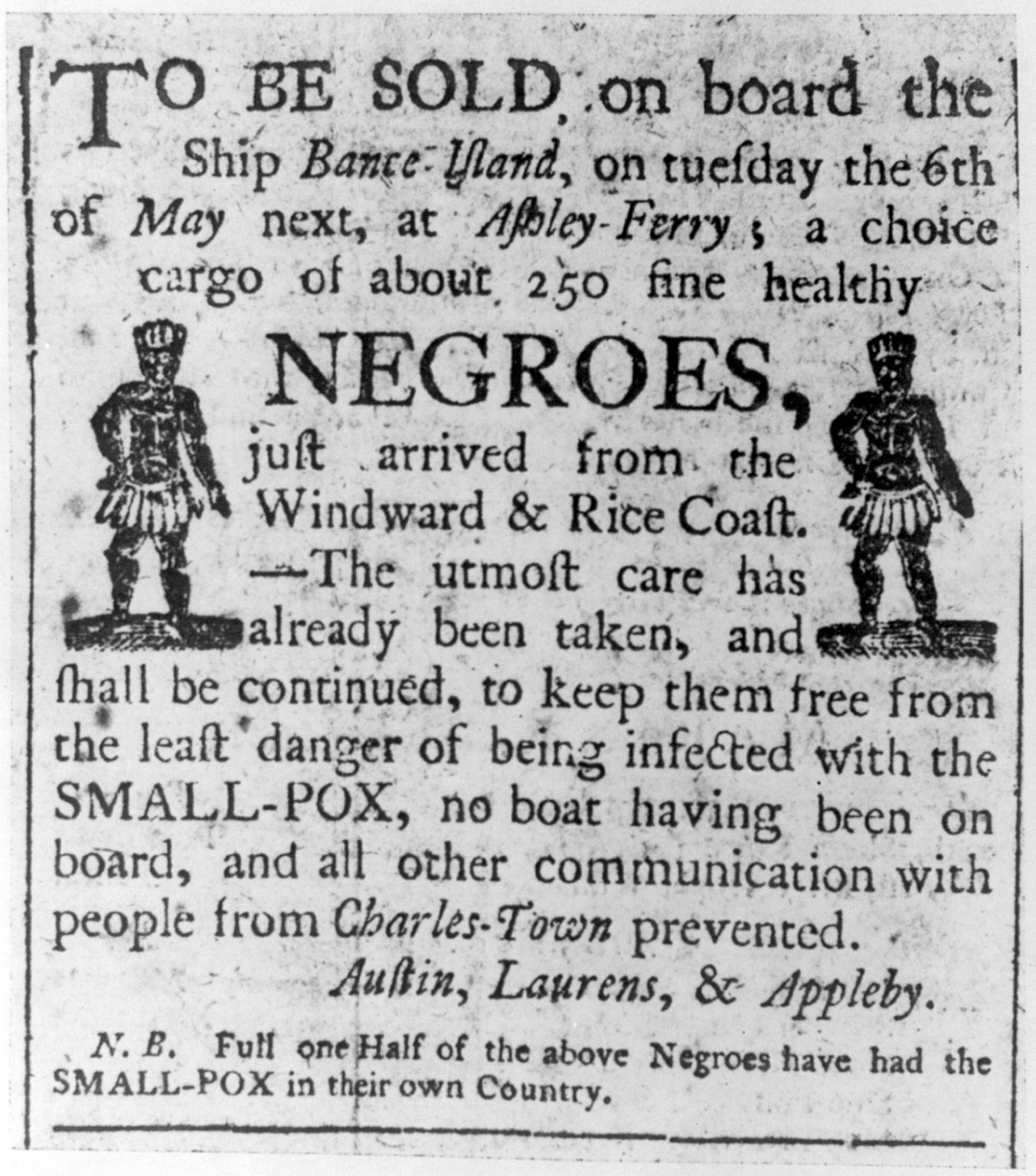
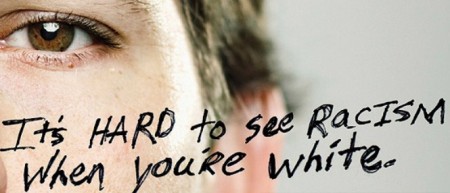
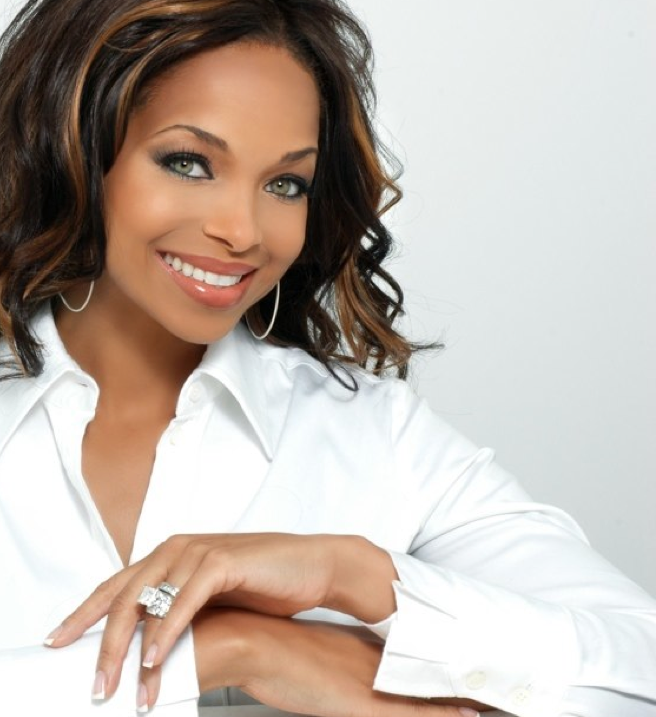
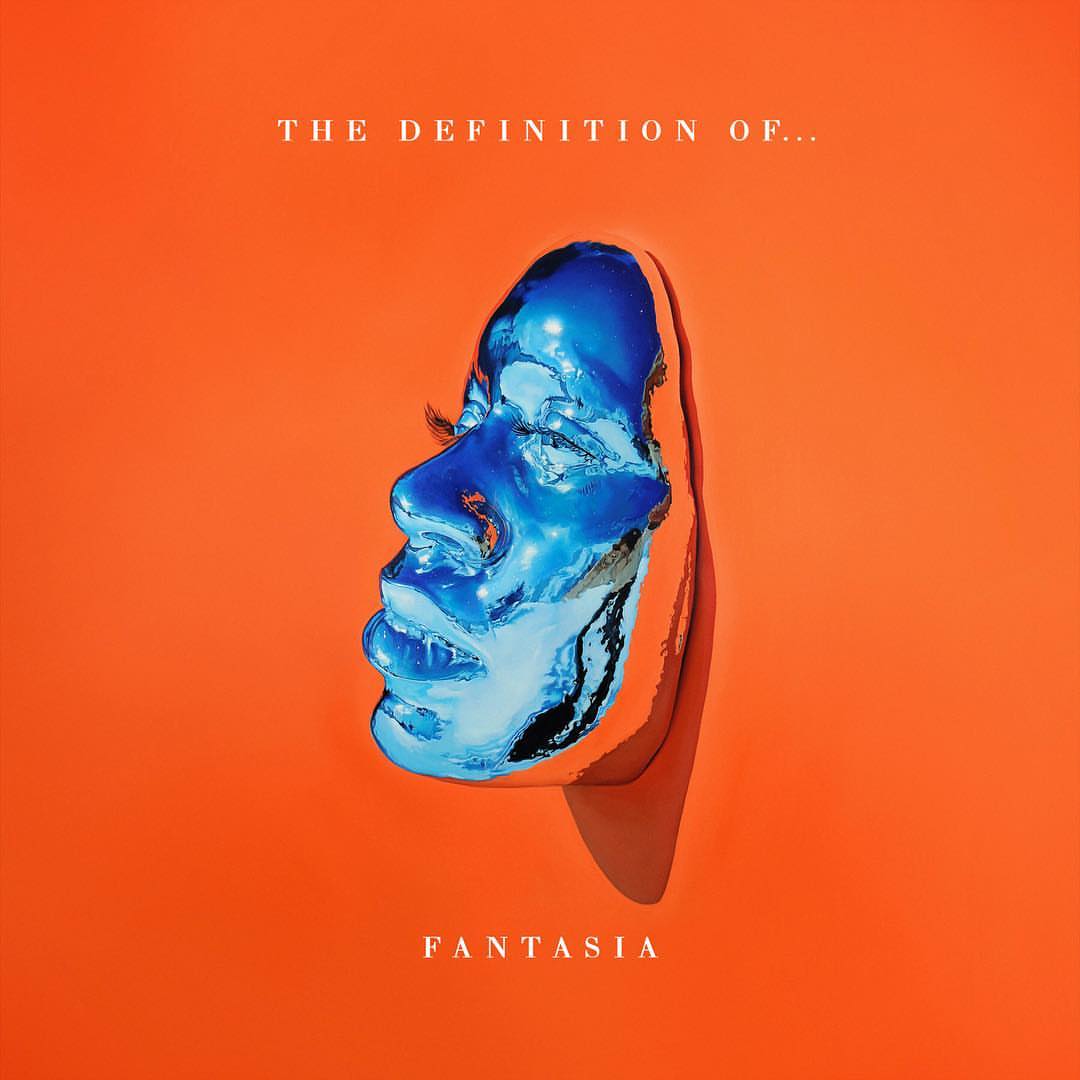
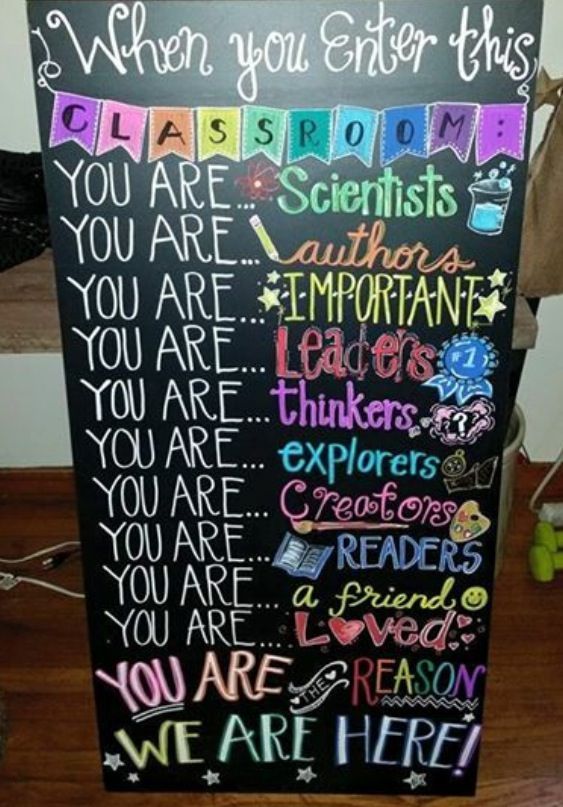
2 Comments
Another great post, Lorrie! I’m willing to bet that the same people who get so upset about diversity also believe we live in a “post-feminist” world and that sexism doesn’t exist any longer either. Whatever! Sometimes I’m overwhelmed by people’s willful ignorance.
I agree that having a conversation on race is difficult but it must be done if we are to move forward. That class sounds amazing and like something that we all should have had throughout our education. I hope people either ignore the complainers or utilize their perspective in the class to demonstrate yet another aspect of white privilege: the ability to ignore racism.
January 25, 2013 at 5:31 pmTo many, the discussion about race is treated the same way some treat the mentally disturbed relative; the subject is to be kept out of sight in the basement or the attic, separated from those who may ask probing questions.
A few have attempted to broach the subject of institutionalized racism, such as Professor Andrew Hacker, author of TWO NATIONS: BLACK & WHITE, SEPARATE, HOSTILE and UNEQUAL; Professor Todd Clear, author of Imprisoning Communities: How Mass Incarceration Makes Disadvantaged Neighborhoods Worse.
Neither of these books hit the top of the New York best sellers list as few find the discussion of race as titillating and juicy as some exotic erotic fictional work, but the continuing damage to the social fabric of the nation wrecks havoc just the same. Denial is a river that runs deep in America and I harbor no false hope that the tears that fill the river will dry up anytime soon.
January 25, 2013 at 7:48 am